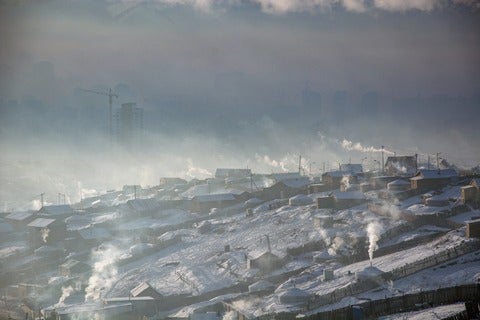New Advisory Opinion Serves as Key Legal Tool for Advancing Climate Action
Nancy Tapias Torrado, the newest member of the Waterloo Climate Institute, is part of a team of researchers that contributed to the “Advisory Opinion on Climate Emergency and Human Rights” of the Inter-American Court of Human Rights – a landmark decision on the obligations of States in the face of the climate emergency.









